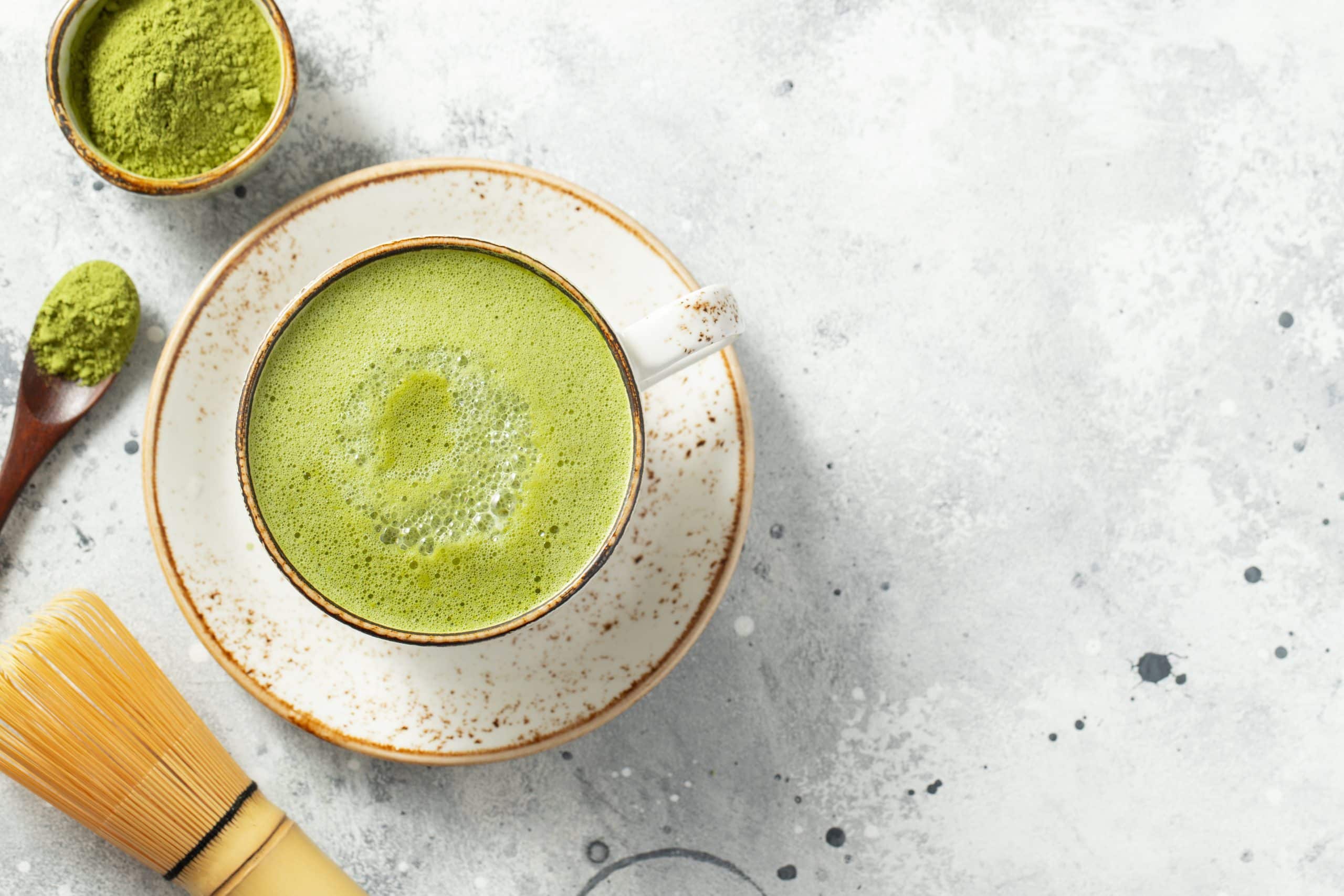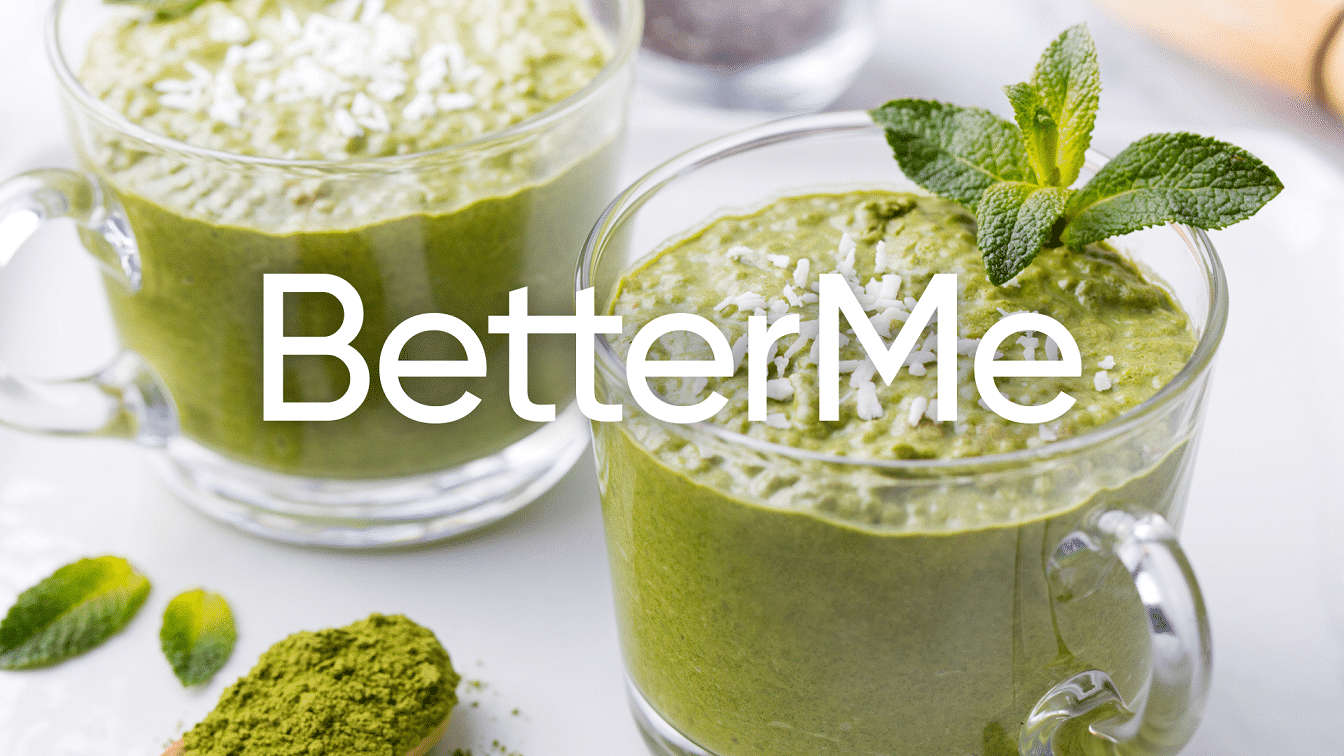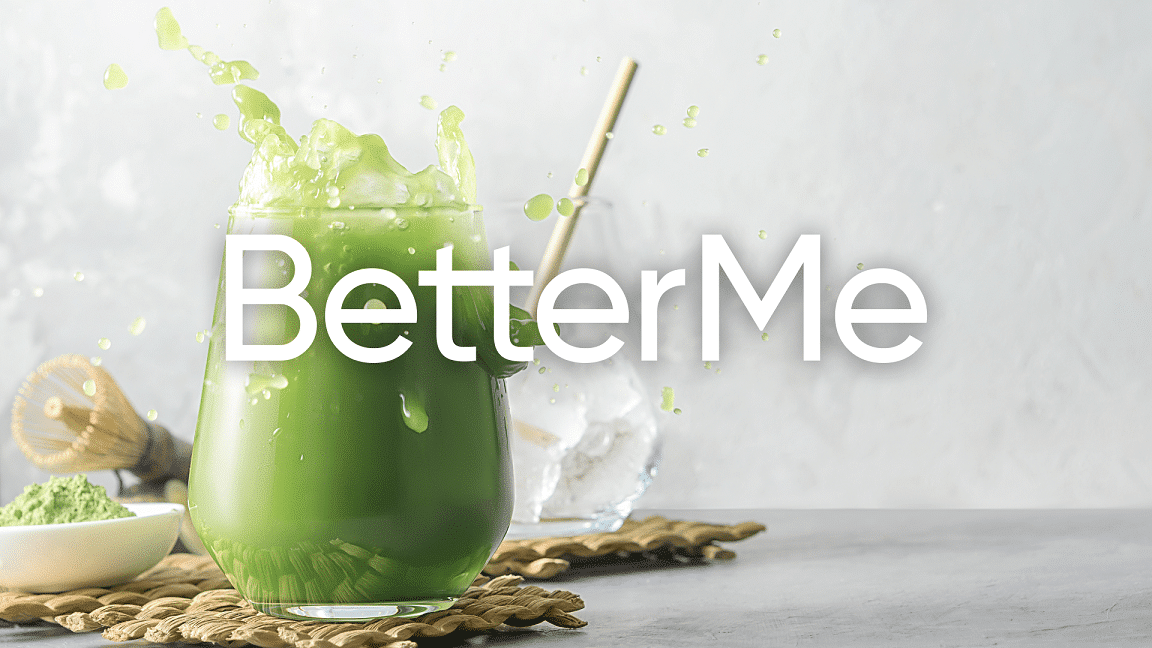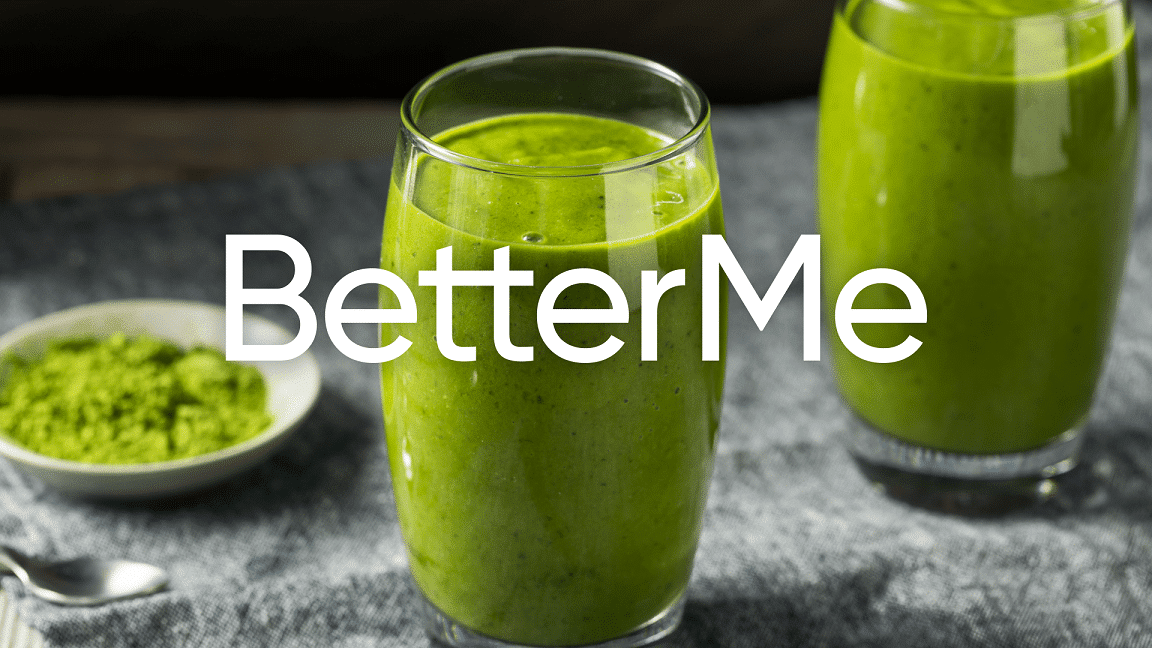Over the past year, there has been a global increase in health and wellness awareness, which has greatly influenced the rising demand for superfoods. The market for superfoods is still heavily influenced by health and well-being, but the emphasis is also on the benefits to the brain, as well as the body. As a result, more people are becoming aficionados of those beverages with potential health benefits, like matcha tea. Matcha tea is claimed to provide a more tranquil “buzz” without the jitteriness, spikes, or crashes linked to caffeine or coffee.
What Is Matcha?
Matcha is a high-grade green tea that is processed into a powder form. Instead of steeping, boiling water is swirled into the green tea powder to create a frothy beverage. Matcha has ceremonial origins in the Japanese tea ritual. The foundation of this tea ritual is the contemplative act of making, serving, and drinking matcha. Even while matcha’s ceremonial origins are part of what makes it so popular, matcha green tea powder is used in everything from ice cream to salad dressing, as well as in drinks like tea lattes and boba tea.
Matcha is a product of the Camellia sinensis plant, just like green tea. It is, however, grown in a different way and has a special nutrient composition. Farmers shade the matcha plant’s for most of its growth period. This absence of direct sunlight enhances the formation of chlorophyll, raises the level of amino acids, and gives the plant a deeper shade of green (10). Farmers take out the stems and veins after the leaves are harvested, then they grind the leaves into a fine powder. The harvesting and processing of the leaves into the powder is meticulously carried out and adds to the finery of the product.
While green tea has been around for a long while, matcha tea’s popularity has exploded only recently. Café owners and tea enthusiasts alike have bought matcha in large wholesale quantities. As a result, the wholesale matcha market is now overrun with numerous competitors offering a wide range of goods.
BetterMe app is a foolproof way to go from zero to a weight loss hero in a safe and sustainable way! What are you waiting for? Start transforming your body now!
The Popularity Of Matcha Around The World
According to a recent study by Data Bridge Market Research (7), the Matcha tea market, valued at USD 2.45 billion in 2022, will reach USD 5.33 billion by 2030, growing at a CAGR of 10.20% during the forecast period of 2023 to 2030. The market will continue to expand as a result of strong demand from health-conscious tea enthusiasts who are engulfed in the array of benefits that this tea provides.
The beneficial elements present in matcha may be easier for the body to absorb since the leaves are consumed directly. For instance, amino acid L-theanine is what is thought to give matcha tea its mellow high. This amino acid may help in easing anxiety symptoms, according to research in animals (8). Matcha tea’s L-theanine and caffeine are thought to help enhance focus, alertness, and memory.
In the United States, sales of beverages flavored with matcha have increased by 202 percent (6), while in the United Kingdom they have increased by 114 percent. Matcha smoothies, cakes, ice creams, pastries, and tea smoothies are all becoming more and more popular in the US. Matcha cake, ice cream, and coffee are less frequently searched for in the UK than matcha tea, powder, and latte.
The popularity of matcha tea is also attributed to numerous social factors. Matcha lattes, which were quick to dethrone Dalgona coffee as the popular beverage since 2020, were made healthier by health influencers and vloggers by swapping out the sugar with coconut sugar and the cream for vegan substitutes. Celebrities have been posting about their morning Matcha routines or the next Matcha mango smoothie they are sipping on, influencing more and more tea and coffee aficionados to join the bandwagon and the popularity of matcha increases.
While matcha tea’s earthy, rich, and robust flavor goes well with everything from a pastry to a savory snack, audiences across the globe are moving beyond the aesthetically pleasing Instagram stories of people going green with the matcha and are actually impressed with the benefits of matcha tea which is leading the conversations around the product worldwide.
What are the benefits of matcha?
The vibrant green matcha tea, derived from shade-grown green tea leaves, boasts a plethora of possible benefits that may contribute to both physical and mental well-being. Some of the factors that make matcha a standout choice include:
Abundant Antioxidants:
Matcha is a powerhouse of antioxidants, particularly catechins and epigallocatechin gallate (EGCG). These compounds combat oxidative stress, protecting cells from damage and potentially reducing the risk of chronic diseases.
Enhanced Energy and Focus:
The combination of caffeine and L-theanine in matcha provides sustained focus without the jitters often associated with coffee. L-theanine promotes relaxation and focus, creating a calm alertness.
Metabolism Boost:
The catechins in matcha, particularly EGCG, have been linked to a modest increase in metabolism. This can aid in weight management when combined with a balanced diet and regular exercise.
Immune System Fortification:
The abundance of antioxidants in matcha may help bolster the immune system, helping the body fight infections and illnesses.
Calming Effect & Relaxation:
L-theanine promotes relaxation and reduces stress without causing drowsiness. This unique combination with caffeine is said to contribute to a balanced state of alert calmness.
Cardiovascular Health:
Regular matcha consumption might contribute to heart health by reducing LDL cholesterol levels and reducing heart disease risk.
Skin Glow:
The antioxidants in matcha, along with its potential anti-inflammatory properties, may contribute to improved skin complexion and protection against UV damage.
Enhanced Cognitive Function:
L-theanine’s impact when paired with caffeine may lead to improved cognitive function, including better memory and attention span.
Vitamins and Minerals:
Matcha is a rich source of vitamins A and C, as well as minerals like potassium, calcium, and iron, supporting various bodily functions.
Balanced Blood Sugar:
Matcha’s potential to improve insulin sensitivity might help stabilize blood sugar levels, benefiting those at risk of diabetes.
Your general health and vitality might see a boost if you incorporate matcha into your daily routine. Matcha’s special blend of antioxidants, vitality, and relaxation generally have a favorable effect on numerous aspects of health, whether it is consumed as a morning ritual, a pre-workout boost, or a midday pick-me-up. As with any dietary adjustment, it’s vital to include matcha in a healthy lifestyle and consult with a doctor for any particular health issues.
Read more: Is Matcha Keto? Nutrition, Benefits & Simple Recipes
What Happens If I Drink Matcha Everyday?
Tea enthusiasts who have taken to the trend of match tea’s will make a warm cup of matcha as soon as they wake up in the morning by turning on the kettle and going through a simple routine. That said, more often than not, they wonder halfway through their enjoyable morning routine – can I drink matcha every day? The answer for most people is a big YES!
A daily cup of matcha is generally regarded as acceptable. Due to its outstanding nutrient profile, which might promote immunity, heart health, metabolism, alertness, and vitality, to name a few, daily consumption of match is frequently advised, and like anything else, moderation is key. It’s always a good idea to check with your doctor if you are on any medications or have any medical conditions, to make sure that matcha is safe and won’t cause any medication interactions.
Having said that, there are many ways to incorporate Matcha in your everyday life to extract maximum benefits and move towards a healthier lifestyle:
Morning Elixir:
Start your day off right with a calming cup of matcha as your morning elixir. L-theanine and a mild caffeine boost can increase your focus and concentration without giving you the jittery effects of coffee.
Smoothies:
Add a spoonful of matcha to your morning smoothie to make it better. Your smoothie will be much more alluring due to its brilliant color and health advantages.
Midday Refresher:
A matcha latte can help you fight midday blues. Matcha and milk (or a dairy-free substitute) can be blended to create a creamy, energizing beverage.
Pre-workout:
Drink matcha before working out for pre-workout power with its energizing qualities providing you the endurance you need for a productive session.
Healthy Snacking:
To make a wholesome snack that promotes your well-being, stir matcha into a delicious yogurt or sprinkle it over fruits.
Sweet Indulgence:
In the summer, from iced matcha lattes to gelatos and cupcakes, there’s a whole lot to be explored with Matcha.
Does matcha tea burn belly fat?
Numerous scientific studies have suggested that green tea intake may be beneficial for weight loss.. In addition, matcha is high in catechins, which may cause a slight increase in metabolic rate, resulting in more calories burned.. And hence for this very reason, there is a staggering shift of people switching to matcha based beverages and products as a dietary supplement to burn fat. Reasons that promote this notion are:
Low In Calories:
Matcha tea has few calories; one gram of it only has roughly three. It also includes nutrients like vitamin A and minerals like iron, albeit in modest amounts. You won’t overindulge in calories even if you drink more than 2g of matcha tea. Eating fewer calories helps create the calorie deficit that is required to lose body fat. .
Rich In Antioxidant:
The same Camellia sinensis plant that produces green tea also yields matcha tea. Matcha tea contains the most plentiful and active antioxidants, epigallocatechin gallate (EGCG), just like green tea. Unlike most teas where you discard the leaves after steeping them in boiling water for a short while, when you drink the matcha tea you ingest the entire leaf. While antioxidants don’t directly cause weight loss, they are important for overall health.
Boosts Metabolism:
Most of us who are looking to reduce weight are aware of our metabolic rate, which slows down as we get older, making it more difficult to lose weight , (7). Consumption of Matcha tea with catechins may help enhance metabolic rate slightly both during and after exercise. (3)
Intense sweat sessions, working weight loss tips, lip-smacking recipes come in one package with the BetterMe app. And all of it is at your fingertips, start transforming your life now!
Does matcha help your skin?
Matcha has been taking over a coveted spot on the list of superfoods, courtesy of social media; however this popularity can also be attributed to the claims of matcha’s skin benefits. Given that incorporating matcha into your daily regimen has many advantages, this tea has recently swept the beauty industry by storm. When it comes to what it does to your skin, its representation in popular culture is accurate. However, drinking Matcha tea has advantages beyond simply promoting healthy, supple, and beautiful skin.
Consuming foods high in antioxidants should be high on the list for skin care. Antioxidants combat oxidative stress in our bodies, which theoretically could slow down aging. Matcha is very high in antioxidants (1). There are a myriad of possible skin benefits and below are just some of the key ones that’ll convince you to integrate just a little bit of matcha into your daily routine:
Get glowing skin:
Matcha includes methylxanthines, which might support increased skin microcirculation in addition to antioxidants. This could help give your skin an even complexion, making it healthy and radiant.
Slows Down Aging:
Antioxidants present in matcha are also crucial in the battle against free radicals, which cause early aging symptoms. Antioxidants, along with sunscreen, help shield the skin from the sun’s harmful UV rays which trigger early indications of aging and skin damage. The antioxidants in green tea and matcha may also help protect collagen from breakdown (2)
Fights inflammation:
The antioxidants in matcha may also lessen skin inflammation..
Helps Control Acne:
One of the most beneficial matcha properties for the skin is its anti-inflammatory qualities that may lessen skin inflammation and redness, which in turn helps in treating acne. Tea polyphenols might also prevent acne by reducing sebum production because acne is brought on by increased sebum production in the skin.
No More Excessive Oil:
Let’s face it, we cannot stand having oily skin! If you’re tired of the skincare trial and errors for oily skin and are looking for a solution, try matcha. Acne is often brought on by excessive oil production on the skin, and tea polyphenols might help decrease oil production in the skin.
Read more: Mango Matcha Smoothie – Everything You Need to Know
Frequently Asked Questions:
Does matcha detox your body?
There are no specific foods, beverages, or dietary regimens that “detox” your body. Your body has sophisticated organ systems which neutralize and remove toxins from the body. You don’t need to do, eat, or drink, anything special to make this happen.
Is matcha better than coffee?
Matcha and coffee each offer unique benefits. Which one is “better” depends on your preferences and needs. Matcha contains caffeine and the amino acid L-theanine, providing sustained energy and enhanced focus without the jittery side effects often associated with coffee. L-theanine also promotes relaxation. Coffee has a higher caffeine content, offering a quick energy boost, but it can lead to crashes and disrupt sleep.
Matcha is rich in antioxidants, vitamins, and minerals, contributing to overall well-being. Coffee also has antioxidants but lacks the same concentration of nutrients. However increasingly, there is a shift in popularity over coffee to Matcha for its potential benefits for skin, health and metabolism that makes it even more appealing. Ultimately, the choice between matcha and coffee depends on your caffeine tolerance, taste preference, desired effects, and health goals.
When should I drink matcha?
When you should drink matcha depends on your goals and how your body responds to caffeine. As you may know, matcha contains caffeine, which is a natural stimulant that can have an alerting effect. Here are some ways to explore a matcha indulgence and guidelines to consider:
- Morning Boost:
Many people enjoy matcha as a morning ritual. Starting your day with matcha can provide a gentle energy boost and enhance your focus for the tasks ahead. The combination of caffeine and the amino acid L-theanine in matcha can promote alertness without the jitters often associated with coffee. - Before Workouts:
Drinking matcha before a workout can provide you with an energy boost that might enhance your performance. The caffeine can help increase your alertness and motivation, while the antioxidants in matcha may contribute to overall well-being. - Midday Pick-Me-Up:
If you experience an afternoon slump, a cup of matcha can offer a revitalizing pick-me-up. Its moderate caffeine content can help you stay alert without disrupting your sleep later in the evening. - Preferably with Food:
Drinking matcha with a meal or snack can help slow down the absorption of caffeine, potentially reducing its stimulating effects. Additionally, combining matcha with food can help prevent any potential stomach discomfort, as matcha on an empty stomach might lead to gastrointestinal issues in some individuals. - Listen to Your Body:
Pay attention to how your body responds to matcha. Some individuals might be more sensitive to caffeine and prefer to consume matcha only earlier in the day, while others might enjoy it even into the afternoon.
Does matcha make you sleepy?
Matcha contains caffeine, which is a natural stimulant that can have an alerting effect and may contribute to wakefulness. While matcha does contain less caffeine compared to coffee, it can still provide a moderate energy boost. The result? Consuming matcha, especially in larger quantities or close to bedtime, might interfere with your ability to fall asleep or get a good night’s rest.
Some people are more sensitive to caffeine’s effects and might find that even a small amount, such as the caffeine in matcha, can affect their sleep. Others might not experience any sleep disturbances from moderate consumption of matcha. If you’re concerned about matcha affecting your sleep, it’s a good idea to pay attention to your body’s response. If you find that matcha does impact your sleep, consider limiting your consumption in the hours leading up to bedtime.
Ultimately, whether matcha makes you sleepy depends on your sensitivity to caffeine and the timing of consumption. If you’re unsure, it’s good practice to enjoy matcha earlier in the day to avoid any potential sleep disruptions.
The Bottom Line:
Matcha has undoubtedly risen to the top of the superfood chain and established itself as a versatile and healthy beverage option. From its potential to enhance energy and metabolism to its contribution to skin health, matcha offers a wide range of possible benefits. As you embark on your journey to incorporate matcha into your lifestyle, remember that balance and moderation remain key to reaping the most from this vibrant green treasure. Whether sipped as a warm morning ritual or blended into a refreshing smoothie, matcha has the power to elevate both your well-being and your appreciation for the intricate connection between nature and health.
DISCLAIMER:
This article is intended for general informational purposes only and does not serve to address individual circumstances. It is not a substitute for professional advice or help and should not be relied on for making any kind of decision-making. Any action taken as a direct or indirect result of the information in this article is entirely at your own risk and is your sole responsibility.
BetterMe, its content staff, and its medical advisors accept no responsibility for inaccuracies, errors, misstatements, inconsistencies, or omissions and specifically disclaim any liability, loss or risk, personal, professional or otherwise, which may be incurred as a consequence, directly or indirectly, of the use and/or application of any content.
You should always seek the advice of your physician or other qualified health provider with any questions you may have regarding a medical condition or your specific situation. Never disregard professional medical advice or delay seeking it because of BetterMe content. If you suspect or think you may have a medical emergency, call your doctor.
SOURCES
- Antioxidant Properties and Nutritional Composition of Matcha Green Tea ( 2020, ncbi.nlm.nih.gov)
- Green Tea Extract Suppresses the Age-Related Increase in Collagen Crosslinking and Fluorescent Products in C57BL/6 Mice (2003, doi.org)
- Green Tea: Not Only Helps in Losing Belly Fat but Also Boosts Your Metabolism ( 2022, timesofindia.indiatimes.com)
- Health Benefits and Chemical Composition of Matcha Green Tea: A Review. (2020,doi.org)
- Matcha Green Tea Targets the Gut–Liver Axis to Alleviate Obesity and Metabolic Disorders Induced by a High-Fat Diet. (2022, doi.org)
- Matcha Market Size, Share, Trend | Forecast by 2030 (emergenresearch.com)
- Matcha Tea Market – Global Industry Trends and Forecast to 2027 | Data Bridge Market Research (2022, databridgemarketresearch.com)
- Stress-Reducing Function of Matcha Green Tea in Animal Experiments and Clinical Trials (2018, ncbi.nlm.nih.gov/pubmed)
- The Effects of Green Tea on Weight Loss and Weight Maintenance: A Meta-Analysis ( 2009, pubmed.ncbi.nlm.nih.gov)
- The therapeutic potential of matcha tea: A critical review on human and animal studies (2023, sciencedirect.com)










